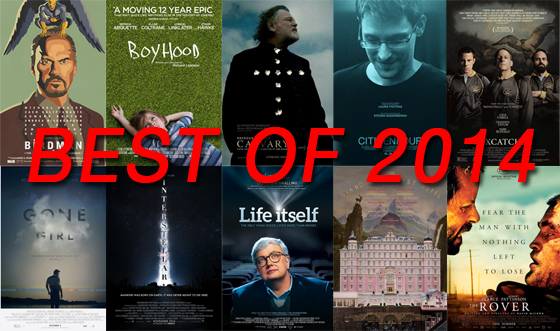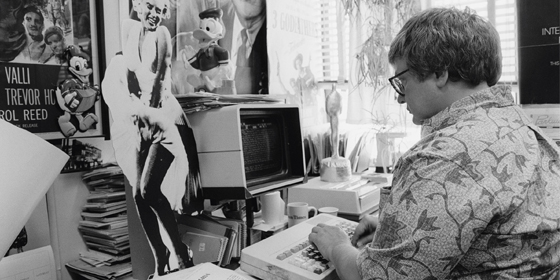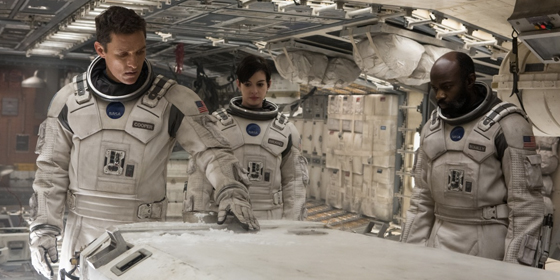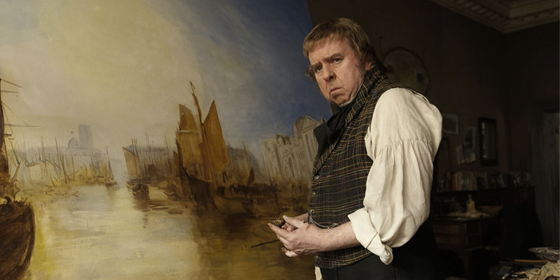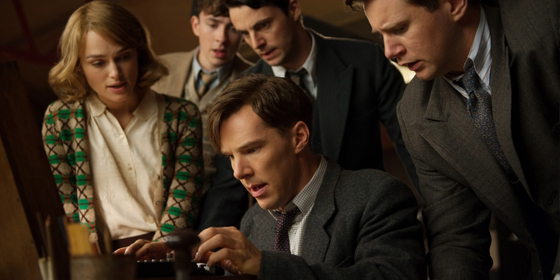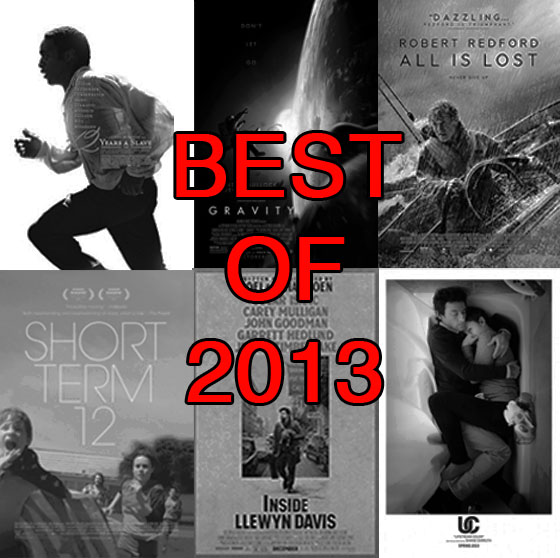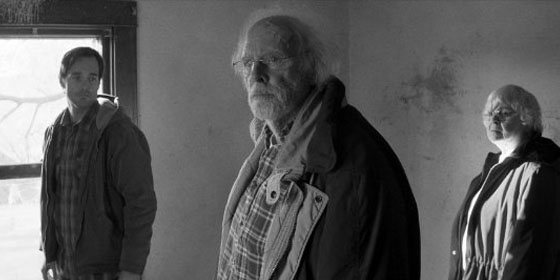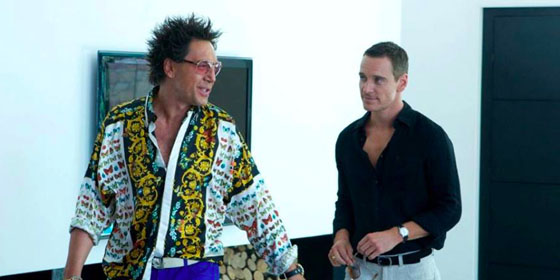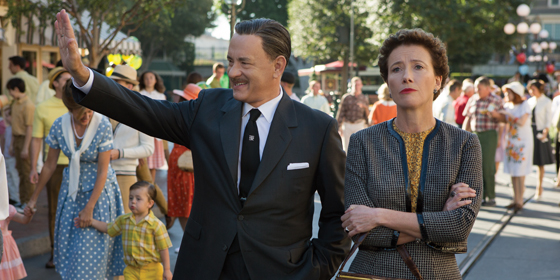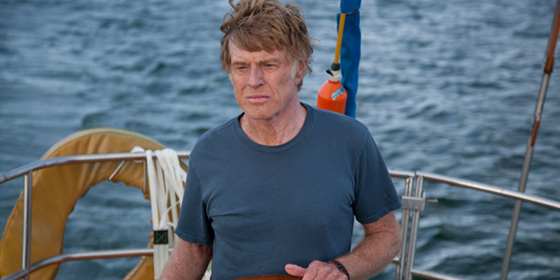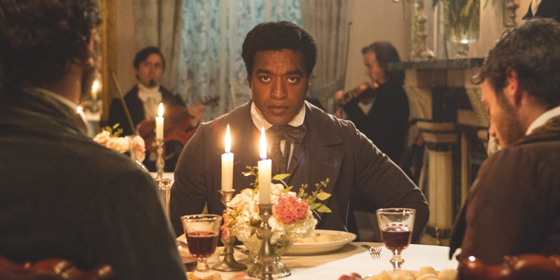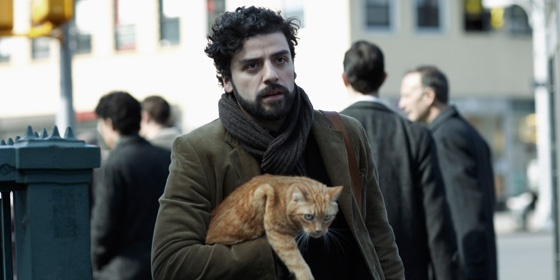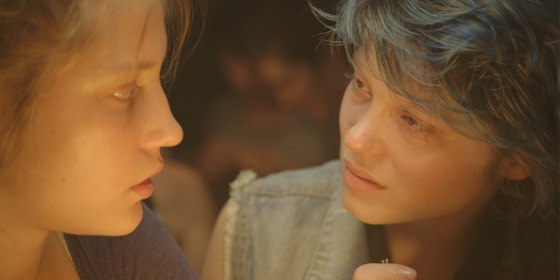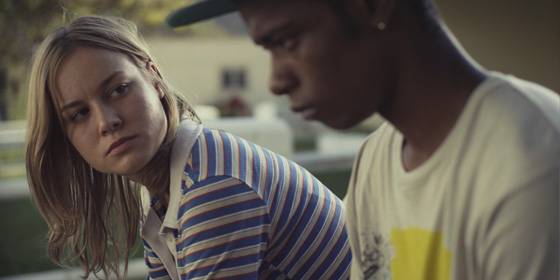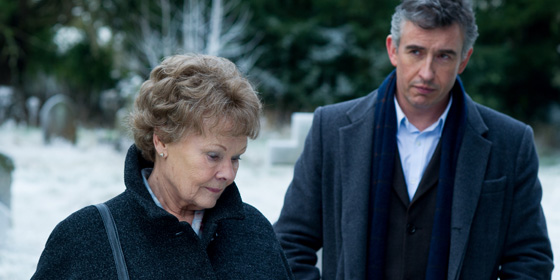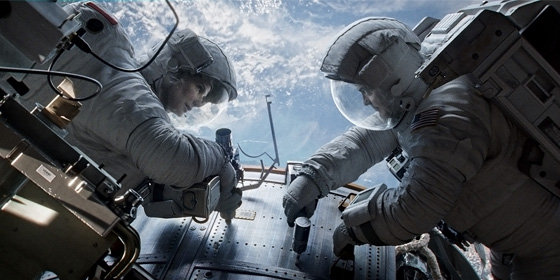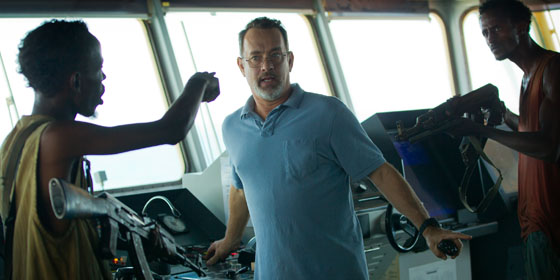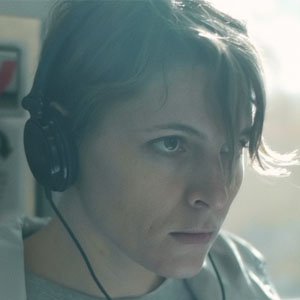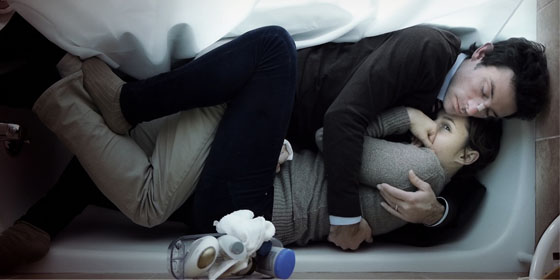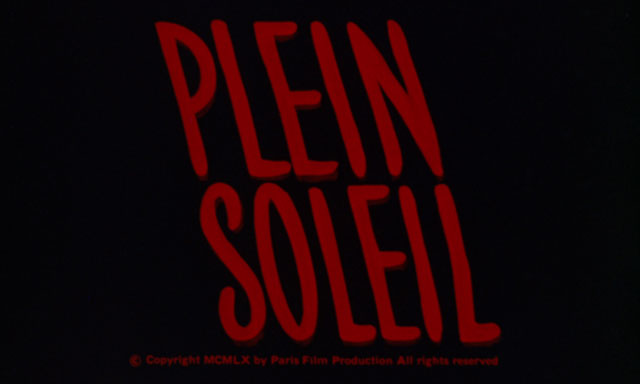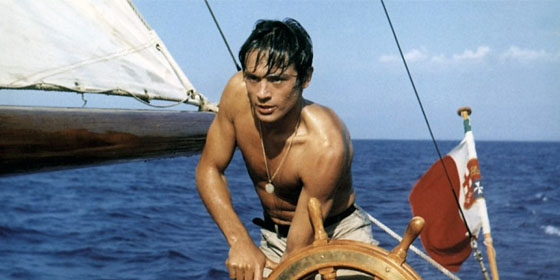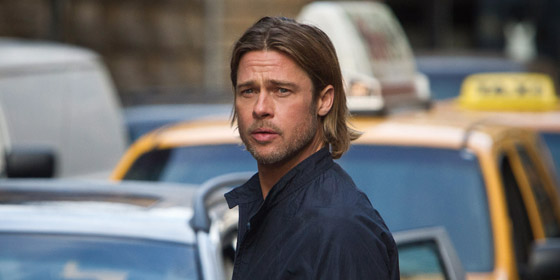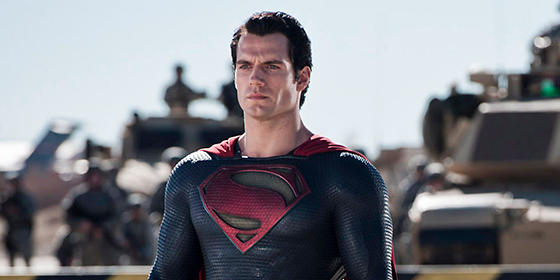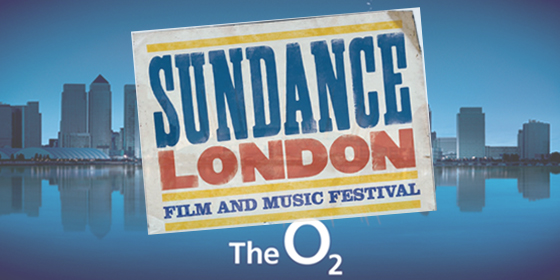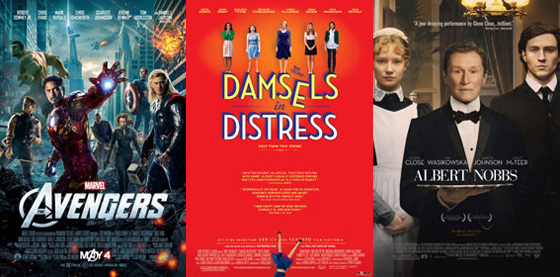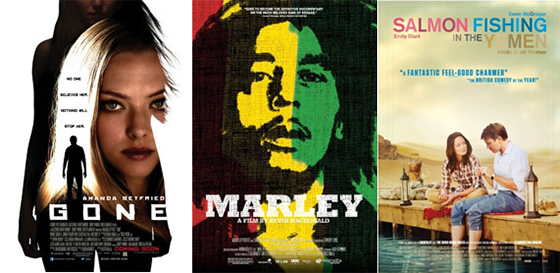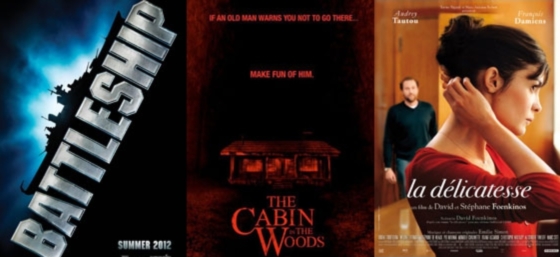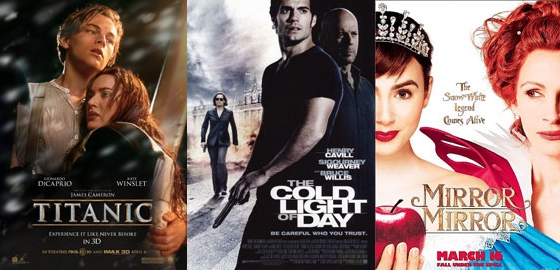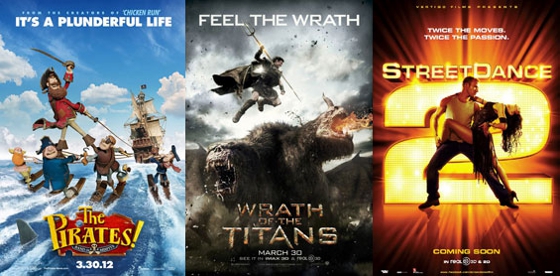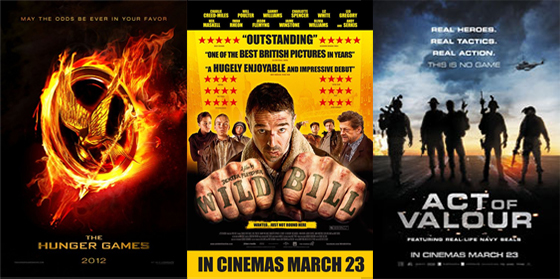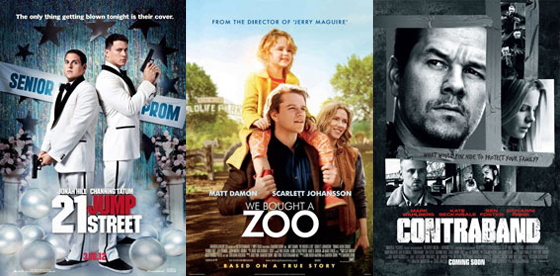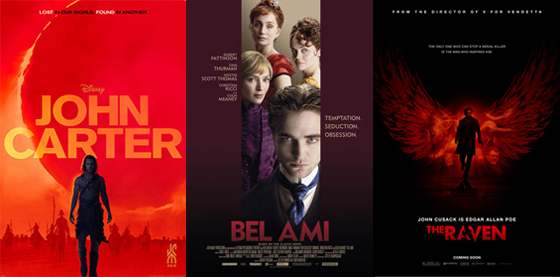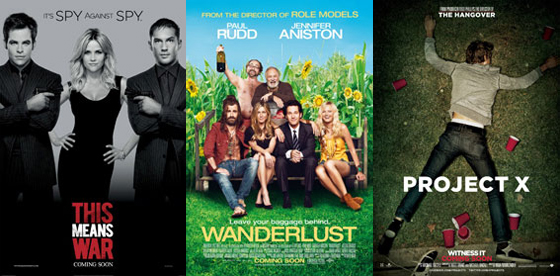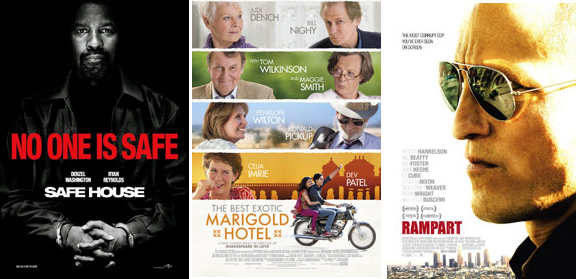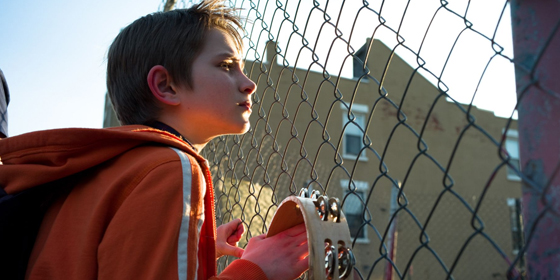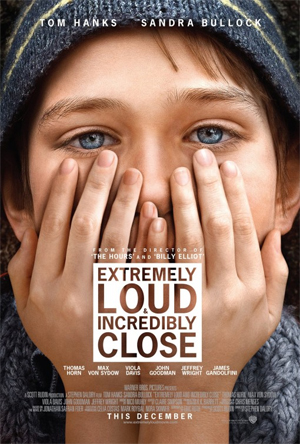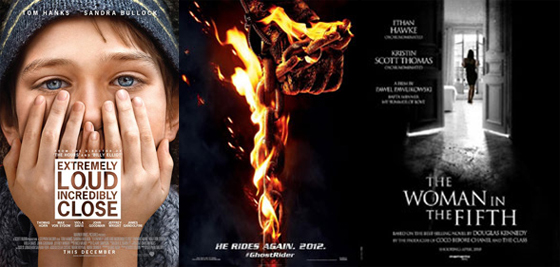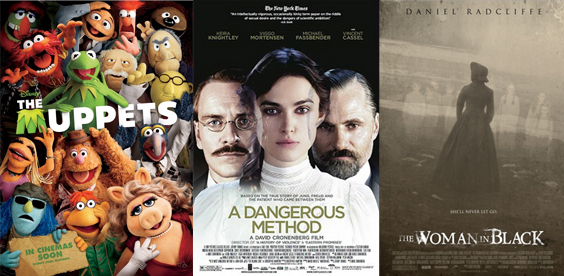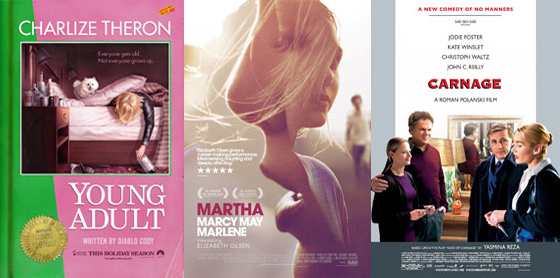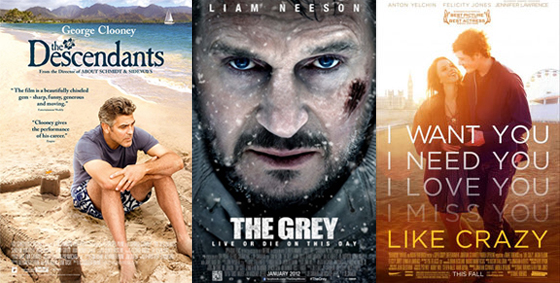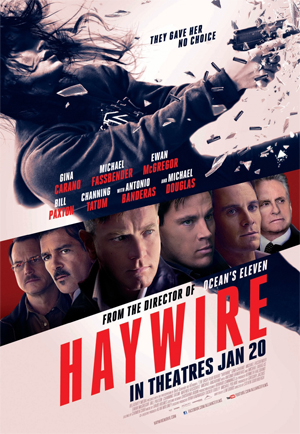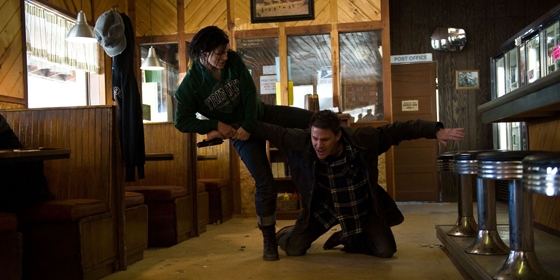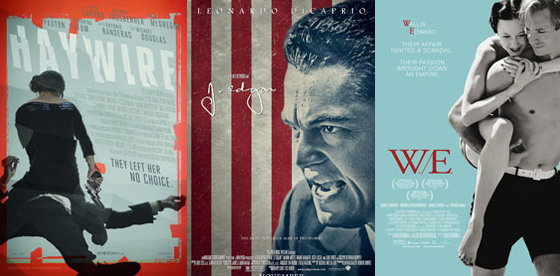* The following list is in alphabetical order *
’71 (Dir. Yann Demange): The Troubles in Northern Ireland have inspired some very bad films (A Prayer for the Dying), some excellent ones (Bloody Sunday) and some masterpieces (Hunger). This intelligent and absorbing examination of a British soldier (Jack O’Connell) on the run in Belfast, during 1971, can be safely added to the ‘excellent’ category. Although parts of the film owe a debt to Carol Reed’s Odd Man Out (1947), albeit in reverse, it remains a pulsating historical drama. Mostly set over one hellish night in the city, the performances, production design and visuals are deeply impressive and bode well for newcomer Yann Demange.
A Most Wanted Man (Dir. Anton Corbijn): The last significant performance from the late Philip Seymour Hoffman was one of his best, playing a German spymaster in this John Le Carre adaptation. Set in Hamburg post-9/11, it examines the tensions and suspicions that abound between the U.S. and German security services. This comes to a head when a Chechen refugee turns up in the city who may (or may not) pose a security threat. Corbijn evokes the mood and nuances of Le Carre’s world, whilst cinematographer Benoit Delhomme shoots an appropriately gloomy Hamburg in blues and greys. A rare and bold contemporary thriller, which actually embraces the complexities of our times, instead of shunning them.
Birdman (Dir. Alejandro González Iñárritu): One of the most inventive and technically accomplished films of recent years was this darkly comic exploration of a washed up Hollywood actor (Michael Keaton) trying to reignite his career on Broadway. It plays like a brilliantly audacious mashup of Hitchcock’s Rope (1948) and Fosse’s All That Jazz (1979) and is laced with some delicious supporting performances from Edward Norton, Zach Galifianakis, Emma Stone and Naomi Watts. The extraordinary cinematography which glues the film together could spell another Oscar for DP Emmanuel Lubezki.
Boyhood (Dir. Richard Linklater): Perhaps the most conceptually ambitious film project of the modern era, this film was shot over several years, from 2002 to 2013, and follows a boy named Mason (Ellar Coltrane) – and his older sister (Lorelei Linklater) – from childhood to adulthood. Director Linklater demonstrates his trademark eye for human behaviour and the performances are uniformly excellent – especially Patricia Arquette as the boy’s mother – and the seamless time transitions are perhaps the most impressive aspect of all. Is it as powerful as Michael Apted’s pioneering Up documentaries? Probably not, but in terms of US filmmaking this is an unusually daring and satisfying film in an era of safety first thinking from the major studios.
Calvary (Dir. John Michael McDonagh): Although this Irish drama bore some similarities to McDonagh’s last film, The Guard (2011), it was darker in tone and content. The tale of an Irish priest (Brendan Gleeson) who hears a troubling confession explores the light and shade of modern Ireland with a knowing, morbid wit. Gleeson stood out in an impressive ensemble cast, but Kelly Reilly was also notable in a key supporting role as his troubled daughter. Over the last twenty years, Ireland has undergone seismic political, financial and cultural changes, which are reflected in this grimly comic exploration of a small coastal town.
Citizenfour (Dir. Laura Poitras): Perhaps the most riveting cinematic experience of the year for me was experiencing the inside story of the Edward Snowden leaks. The former NSA contractor who contacted Poitras and two Guardian journalists (Glenn Greenwald and Ewen MacAskill) about the post-9/11 eavesdropping activities of the US government. What gives the film real power is the sense of being in the Hong Kong hotel room as Snowden reveals the initial secrets, the tension of them getting caught at any time and the consequences of what might happen next. A remarkable document of an incredible story, as tense and thrilling as any fictional film.
Foxcatcher (Dir. Bennett Miller): Bizarre and disturbing real life events are the backdrop for this compelling drama about two Olympic wrestlers (Channing Tatum and Mark Ruffalo) and their relationship with one of America’s richest men. That man was John du Pont (played with eerie intensity by Steve Carrell), a philanthropist and wrestling enthusiast. The film is something of a blank slate, preferring suggestion over explanation, but this is a powerful tool in exploring themes such as patriotism, class and the seedy underbelly of the late Regan era. Since his rarely-seen debut film The Cruise (1998), Miller has often drawn from the enigmas and oddities of real life and packaging them with considerable intelligence.
Gone Girl (Dir. David Fincher): This love letter to Hitchcock was a smart adaptation of Gillian Flynn’s novel, tailor made for the sensibilities of David Fincher. When his wife (Rosamund Pike) goes missing, a Missouri husband (Ben Affleck) slowly enters a hellish nightmare of trial by media. Using a highly effective flashback structure, it Fincher uses his formidable array of skills to dissect and dismember the institution of marriage. The performances from the leads and supporting cast are all first-rate and Tyler Perry was an unexpected jewel as a high-profile ambulance chasing lawyer.
Interstellar (Dir. Christopher Nolan): A sci-fi epic which blended theoretical astrophysics with human emotions was always going to be a tricky feat to pull off. Thankfully Nolan just about achieved it with this story of futuristic Earth on the brink of dying and the NASA mission to save it. Headed by a former pilot turned engineer/farmer (Matthew McConaughey) forced to abandon his young daughter and family, the depiction of space travel is realised with tremendous verve and clever use of sets and visual effects. Although its grasp sometimes exceeded its reach, it was a bold and unusual blockbuster filled with ambitious ideas.
Life Itself (Dir. Steve James): A documentary about a film critic might seem an esoteric, even indulgent, project, but when the subject is the late Roger Ebert and the director is Steve James it immediately becomes more tantalising. After the acclaim that followed its premiere at Sundance, I was expecting something good, but not quite the heartfelt and fascinating tribute James created. Aside from his storied career as a Pulitzer prize winning journalist, it reveals numerous other nuggets including work with Russ Meyer (!) and backstage spats with fellow TV critic Gene Siskel. Interviews with his wife Chaz and a wide circle of friends paint a moving and unflinching picture of a remarkable man.
Mr. Turner (Dir. Mike Leigh): A slow burn portrait of the famous Victorian painter J. M. W. Turner, was greatly aided by a tremendous central performance from Timothy Spall in the title and some dazzling visuals by cinematographer Dick Pope. Interestingly it begins when he is firmly established as an artist and covers the last 25 years of his life. This means we see a reflective Turner coping with a complicated private life and critics disliking his later, unconventional style. One can still detect a defiant spirit (the list of credited financiers seem to indicate Leigh’s determination to get it made). The result is also a richly layered portrait which ranks highly amongst Leigh’s best.
The Grand Budapest Hotel (Dir. Wes Anderson): A delicious layer cake of a movie, Wes Anderson crafted his most elaborate and ambitious project yet. Inspired by the Austrian writer Stefan Zweig, the madcap story involves a concierge (Ralph Fiennes) who needs the help of one of his employees (Tony Revolori) to prove his innocence after being framed for murder. A wonderful ensemble cast featuring F. Murray Abraham, Jude Law, Edward Norton and Willem Dafoe (among others) is headed by Fiennes, who gives one of the best performances of the year, showing a lovely comic touch. Some people simply don’t like Wes Anderson’s intricate style of filmmaking, but even arch sceptics might be tempted by this.
The Imitation Game (Dir. Morten Tyldum): When World War 2 codebreaker Alan Turing got a posthumous pardon from the UK government, it was a sad reminder of how a great hero of the war could be a victim of prejudice on the home front. Norwegian director Tyldum also brings a compelling pace to this adaptation, whilst juggling the complexities of Turing’s life and work. Cumberbatch is very strong in the lead role, whilst Mark Strong brings a enigmatic gravitas to his role as a shadowy MI6 agent. The production design by Maria Djurkovic impressively recreates three periods (1930s, 40s, 50s) and is aided by some sharp camera work which involves a subtly altered visual sheen for each.
The Rover (Dir. David Michôd): This follow up to Michôd’s stunning debut, Animal Kingdom (2010), didn’t quite reach the dizzy heights of that film but was still a stellar effort from the gifted Australian director. Set in a lawless post-apocalyptic world, the plot sees a loner (Guy Pearce) have his car stolen by a gang who have left a member behind (Robert Pattinson). It then becomes a fusion of genres, principally drawing from the Western and road movie. Although it bears some similarities to The Road (2009), this has a slightly more arid and oppressive atmosphere, partly due to the hot conditions of the Australian Outback. Filled with intriguing surprises, whether it be strange characters or bizarre actions, the pay off when it comes is a corker.
The Theory of Everything (Dir. James Marsh): The life story of another British genius, only this time the subject was the theoretical physicist and cosmologist, Stephen Hawking. Although at times it borders on hagiography, director Marsh and screenwriter Anthony McCarten manage to steer the film away from too much sentiment. The bulk of the narrative deals with Hawking (Eddie Redmayne) and his wife Jane (Felicity Jones) as they fall in love at Cambridge in the late 1960s and have to deal with motor neurone disease. Redmayne bears a strong resemblance to the Hawking and does a fine job in portraying the younger and older man. Beautifully lit by Benoît Delhomme and directed with precision by James Marsh.
> 2014 in film
> Critic Picks from 2014 on Metacritic
> The Best Films of 2013
